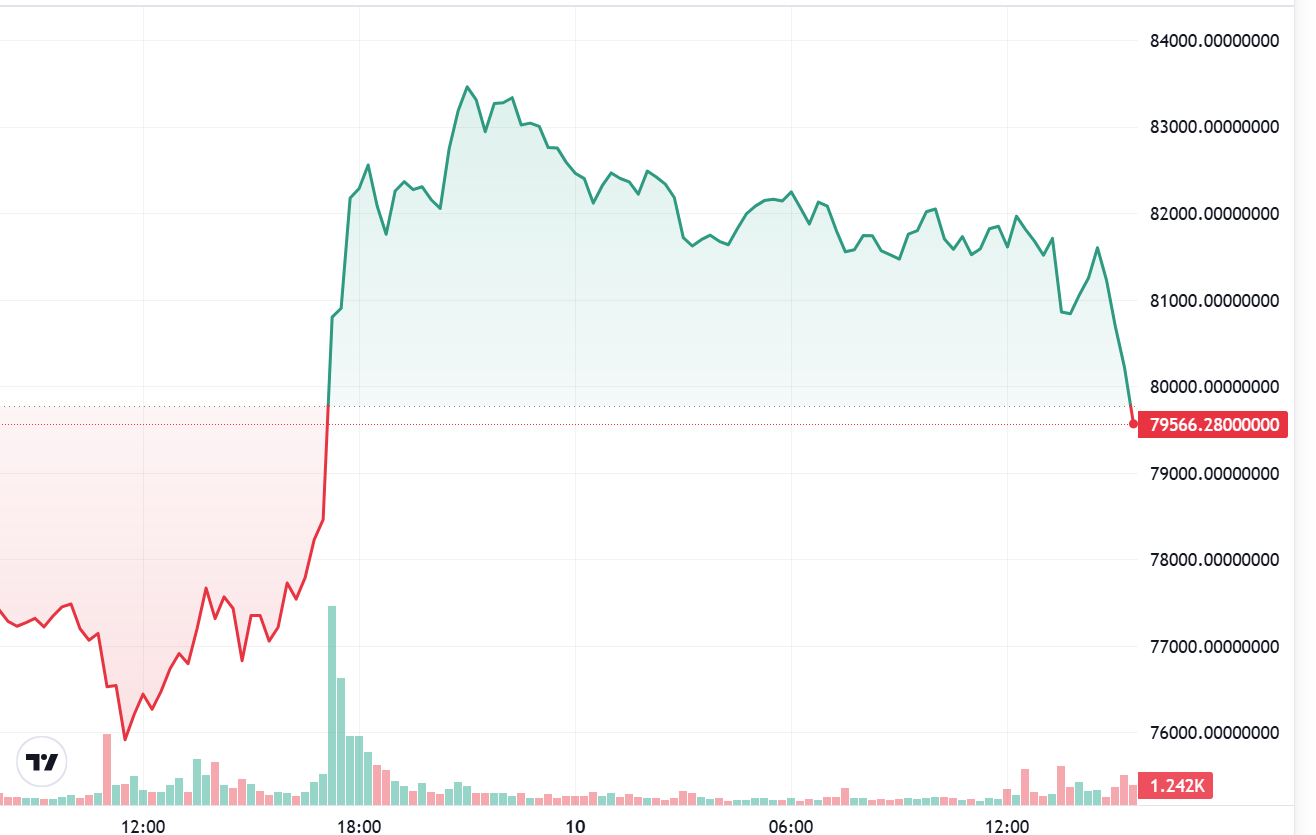A cryptocurrency startup has successfully secured $40 million in funding to expand its Bitcoin-based life insurance services, specifically catering to “inflation-sensitive economies” where clients might be interested in alternatives to conventional fiat payouts.
This Series A funding round was led by Framework Ventures and Fulgur Ventures, with notable contributions from Wences Casares, the founder of Xapo, as announced on April 10.
Earlier, the company obtained $20.5 million in seed funding, which had the backing of prominent figures, including the CEO of OpenAI, Sam Altman, among others.

Image credits: Meanwhilelife
Authorized by the Bermuda Monetary Authority, this startup offers a whole life insurance plan that is denominated in Bitcoin (BTC), allowing policyholders to protect the worth of their policies from currency depreciation.
Clients have the flexibility to access their life insurance value at any time through loans or tax-exempt partial withdrawals.
The co-founder stated that their life insurance plans function similarly to standard life insurance, with monthly premiums being paid in Bitcoin. Upon the policyholder’s death, their beneficiaries receive the full claim amount in BTC.
The company’s policies are particularly targeted at clients residing in areas facing high inflation or currency instability. Given the inflation pressure in Western economies and volatile currency shifts in emerging markets, the startup is pursuing a broad potential customer base.
Related: Bitcoin price could rise even amid a global trade conflict — Here’s why
Bitcoin and the inflation dilemma
Bitcoin’s design as a deflationary asset has made it an appealing store of value for early cryptocurrency users, though its effectiveness as an inflation hedge remains a topic of discussion.
A 2025 study published in the Journal of Economics and Business concluded that Bitcoin’s role as an inflation hedge has diminished in recent years due to increased institutional adoption. The research noted Bitcoin’s drop of 60% in 2022, amidst rising US inflation that peaked at a 40-year high of over 9%.
Conversely, some analysts argue that the surge in Bitcoin purchases during the pandemic stemmed from investor expectations of rising inflation fueled by extensive government stimulus.
During that time, “Investors recognized the impending inflation and began to invest heavily in bitcoin,” said investor and analyst Anthony Pompliano.
Irrespective of whether Bitcoin adheres to the technical definition of an inflation hedge, it has historically outperformed inflation and currency devaluation since its inception.
As of April 10, Bitcoin’s price fell below $80,000 following fresh US inflation data that brought about renewed market fluctuations. Nonetheless, the report indicated a notable decline in year-over-year inflation in March, with the Consumer Price Index decreasing from 2.8% in February to 2.4%.

Bitcoin’s price saw significant volatility following the recent US CPI data. Source: Cointelegraph
Related: As Trump impacts Bitcoin, PMI outlines the expected path ahead
